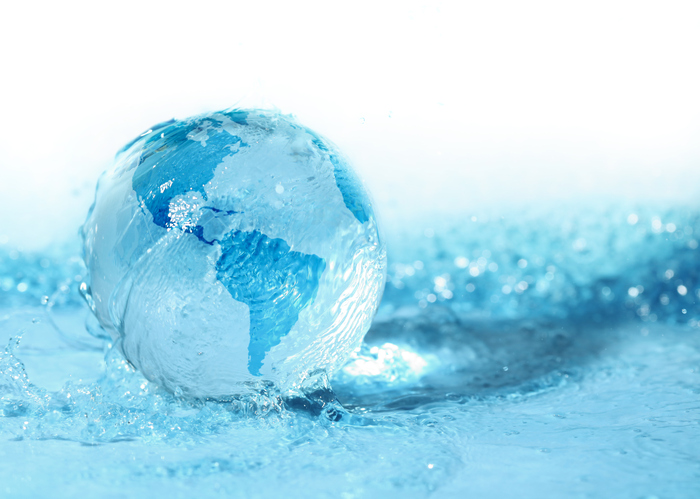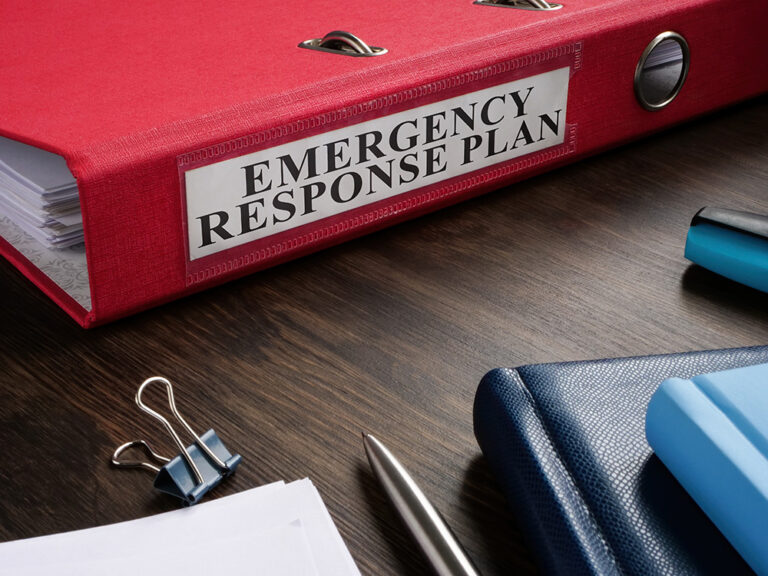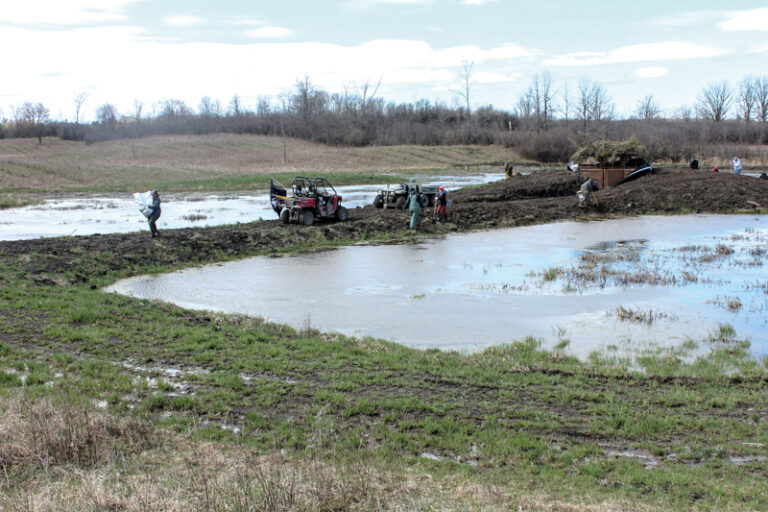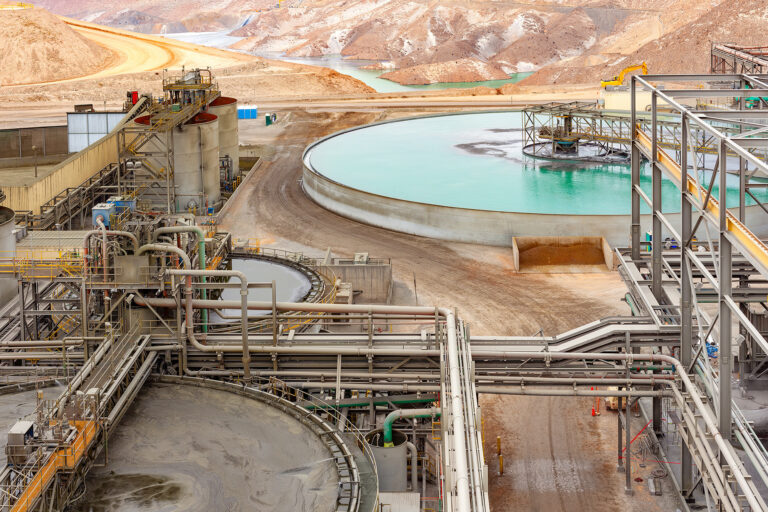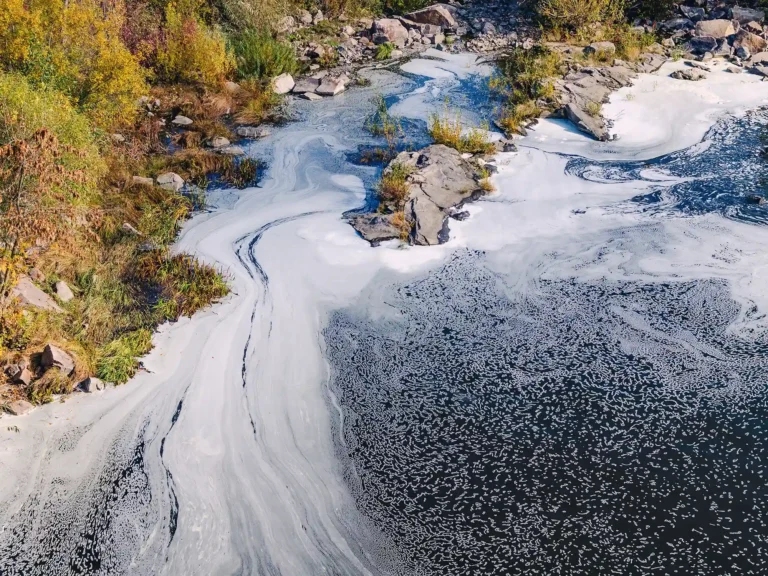As World Water Day on March 22nd approaches, water leaders around the world are planning next steps in global water and climate policy and action. After the significant momentum established at the 22nd Conference of the Parties (COP22) to the UN Framework Convention on Climate Change (UNFCCC) in November 2016, water leaders are focused on ensuring that the water-energy nexus is considered in the next round of negotiations.
Hindsight
Looking back on progress made to integrate water into the Conference of the Parties, experts from the Global Water Forum offered their retrospective on the development of water’s role in global climate change policy and the struggle to put water in the foreground of climate change policy discussions.
“The first relevant initiative to facilitating cooperation between the climate and water policy spheres was the Cooperative Programme on Water & Climate (CPWC),” reads the first in a series of articles posted by the Forum. CPWC was the first comprehensive program to tackle an international policy approach to water. According to its mission statement, CPWC aimed to “stimulate activities in the water sector that contribute to managing the effects of climate variability and change, in particular for the most vulnerable communities.”
Despite the good work done between 2000-09, the water program failed to coalesce. At an interim COP conference in June 2011, “The proposal for a water program was blocked in Bonn by the European Union, the United States, and several developing countries concerned about bringing water formally into UNFCCC negotiations.” These parties argued that water should be regarded as a sector equal to energy, forestry, or cities.
Bob Sandford, EPCOR chair for Water and Climate Security at the United Nations University Institute for Water, Environment, and Health, told Water Canada, “It is the global water cycle that drives climate, water security, and climate stability.” They’re inter-linked, he said. “You could even say they are the same thing. Unfortunately, water security and climate disruption are only two of many related threats to social, economic, and political stability globally.”
COP21 progress
Perseverance in shaping international policy around water has seen some progress. The Forum noted that the Alliance for Global Water Adaptation (AGWA) became a catalyst for the integration of water policy into the global framework, such that in 2015 at COP21, “In a joint press conference, the Ministers of Environment of France and Morocco (Ségolène Royal and Hakima El Haite, respectively) pledged full recognition of the essential role that water plays in adaptation and mitigation measures.”
During COP22 this past November 2016, a full days was devoted to action on water issues, known as the Action Day for Water. Further to that, an interstitial water-focused summit in Rabat between COP21 and 22, resulted in the Blue Book on Water and Climate. At COP22, it was recommended that Fiji, COP23’s host, organize a similar interim COP conference on water.
Changing currents
The shift in U.S. international and environmental policy under President Donald Trump may well see U.S. remove itself from commitments to the Paris Agreement—the agreement founded at COP21. These meetings were pivotal for water and climate change policy. Sandford expressed concern that withdrawal from the Agreement by the U.S. could stall the advancement of water’s integration in climate change policy. It could also spur a domino effect among the major emitters and sideline COP23’s focus: small island vulnerability and rising sea levels, seen by some as a path forward for defining water-first priorities.
If there is a major shift in support for the Paris Agreement, the more vulnerable nations and stakeholders, including small islands, may have little refuge. “There is no other [negotiation] system with which to align,” said Sandford. Climate change, he asserts, must be addressed collaboratively and internationally. The failure of the hydrologic system in any one corner of the globe will have severe implications worldwide.
Still, Sandford remains optimistic about the global community’s commitment to COP23. “The Paris Agreement, and what that agreement means in terms of the management of water, could eventually be proven Trump-proof if the other countries meet their promises and if the private sector steps up to the plate. As we saw at COP22 in Morocco, this is not impossible.”
The Global Water Forum’s conclusions support this. “In sum, the climate change community is in a period of rapid transition as new institutions and processes emerge, and new channels have appeared for moving water into the climate negotiations […] The water community has a narrow window of opportunity now to help shape the new climate order; there is still time to shape discussions and steer directions.”
The Global Water Forum’s three-part series can be found on their website.

